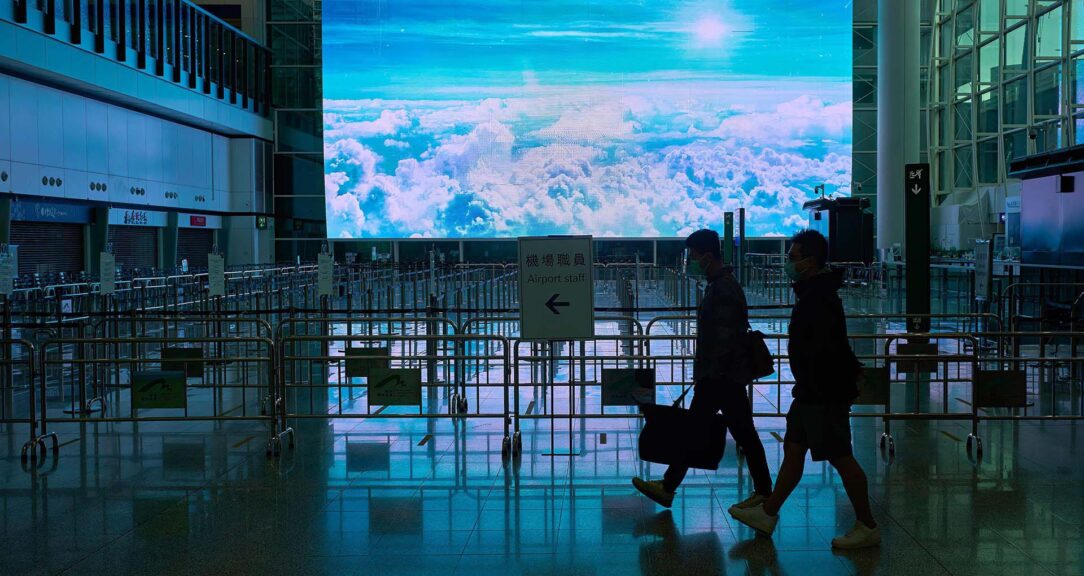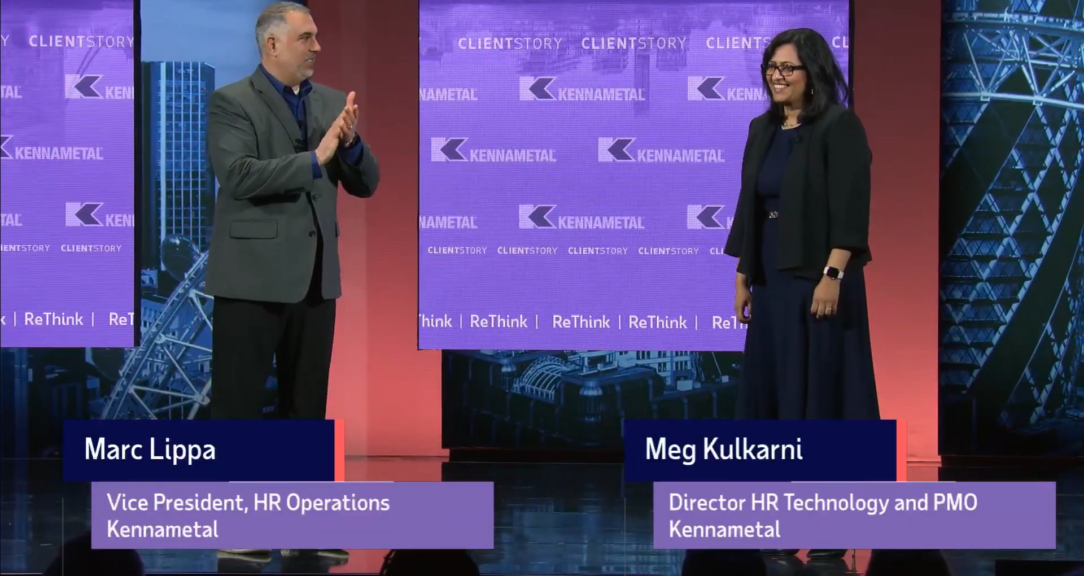Global payroll professionals intrinsically know that collaborating across divisions is necessary for success. If they intend to lead the new world of work, organizations and individuals have to embrace cooperative ways of working. This was the overwhelming takeaway from ADP ReThink 2024, a global gathering of payroll, HR, finance and IT leaders.
A multinational business’s vision and strategy have to be global, but, as ADP Vice President Product Management Tonya James said at the event in London, in the end, all payroll is local. That remuneration must be paid in local currency and in compliance with local laws. Payroll leaders have to balance local needs and preferences with global goals and organizational standards.
In this age of digitization and globalization, it’s interesting to me that we still sometimes get hung up on borders and divisions. The waves of geopolitical shocks like the pandemic, armed conflicts and climate change eventually touch everyone in the world. Any geographical limits in business are largely self-imposed.
Globalization has not only accelerated the international trade of goods but enabled people to work anywhere and with anyone. That seems like good news in light of talent shortages in many industries and geographies.
ADP Chief Economist Nela Richardson pointed out in London that 57% of the global workforce is located in Asia. And while the U.S. accounts for just 5% of that workforce, it accounts for 25% of global economic growth. Highly advanced economies, traditional areas of economic strength, don’t necessarily have the population to continue to fuel that growth. Increasingly, organizations are looking beyond their national borders to fill gaps in talent and skills — all with crucial implications for payroll.
Global labor force by region, 1991-2022
Successful organizations also need to overcome philosophical boundaries, said ReThink 2024 keynote speaker Dame Jacinda Ardern, former prime minister of New Zealand. In the 21st century, we seem to always be in a state of crisis and change. There’s no such thing as “normal” — just ongoing evolution.
Perhaps that means it’s time to eliminate imaginary boundaries between who is a leader and who isn’t — and to reimagine the role.
“It is a difficult time to lead, especially if you didn’t expect to be in leadership,” Arden said in London. For those who find themselves suddenly facing new responsibilities and challenges, “Your role involves working with, supporting and nurturing others,” she explained. That means building teams and identifying leaders — even those who are reluctant, just as Arden was originally reluctant to take on the premiership.
“Knowing and understanding why [people hesitate] will help identify talent and skills we might otherwise miss,” Arden said. Embracing unconventional leadership styles allows different personalities to succeed. And breaking through barriers — organizational or mental — can open up a whole new world of possibilities.
Whether your current challenge involves working across international borders, crossing departmental lines or simply dealing with differences of opinion, nothing good comes from staying siloed off. Borders are not to be discounted — but neither is the human drive to overcome them.
Read more
Sign up to keep up to date with ReThink Q.








